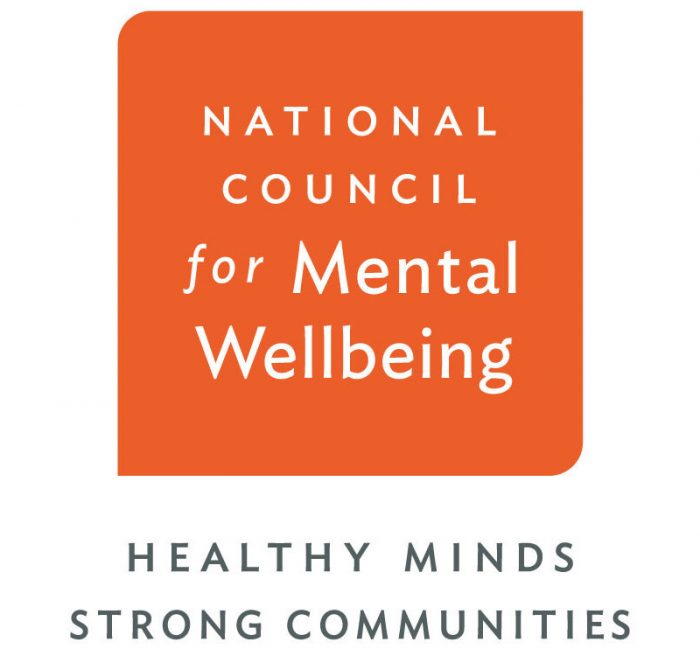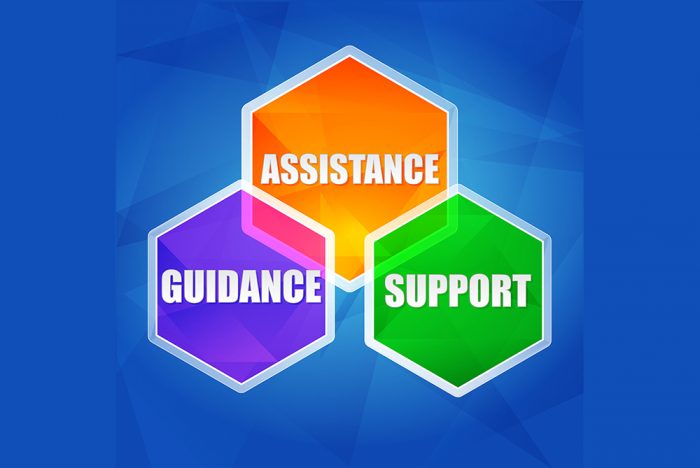Devereux is thrilled to announce that President and CEO Carl E. Clark II was recently elected chair of the Greenleaf Center for Servant Leadership Board of Trustees.
Clark was elected to a one-year term (Jan. 1–Dec. 31, 2026), having served as an active member of the Board since 2019. The Greenleaf Center for Servant Leadership is a nonprofit organization whose mission is to advance the awareness, understanding and practice of Servant Leadership by individuals and organizations.
“I am honored to be elected chair of Greenleaf’s esteemed Board of Trustees,” said Clark. “Since launching our Servant Leadership initiative in 2018, Devereux has created an enhanced work environment that empowers team members to share ideas that benefit the individuals and families we serve and our overall organization. In my new role, I look forward to helping advance Greenleaf’s mission, grow its impact and ensure Servant Leadership remains a relevant and actionable model for leaders who want to build trust, develop others and serve with purpose.”
Greenleaf Executive Director Reginald “Reggie” Lewis noted, “Carl is a genuine believer! He truly embodies and lives by the principles of Servant Leadership – a leadership approach that places less of an emphasis on titles and positional authority to focus on the well-being of those served. Over the past several years, Carl has been instrumental in providing guidance on the Center’s efforts to redesign its consultative services to better assist organizations across sectors striving to improve workplace culture and achieve greater societal impact.”
Building on Greenleaf’s legacy
As chair of the Greenleaf Board, Clark will help guide the strategic vision and priorities of the longest, continuously operating Servant Leadership nonprofit organization in the world.
“Carl’s natural inclination to listen first makes him extremely approachable and an ideal thought partner,” Lewis shared. “He has consistently made himself available to advise and support our Center’s strategic direction. Our Board and staff enter this new year with enormous enthusiasm in anticipation of all the ways Carl will assist us in building on Greenleaf’s momentum to strengthen organizations around the country.”
Clark added, “I am committed to building on Greenleaf’s legacy while helping guide a strategic vision rooted in service and putting people first. Together, with my colleagues on the Board, we will continue to elevate Servant Leadership, strengthen its influence and drive meaningful, lasting change.”
About the Greenleaf Center for Servant Leadership
The Greenleaf Center for Servant Leadership was founded in 1964 by Robert K. Greenleaf. Servant Leadership is a philosophy and set of practices that enriches the lives of individuals, builds better organizations and ultimately creates a more just and caring world. While Servant Leadership is a timeless concept, the phrase “Servant Leadership” was coined by Greenleaf in his 1970 essay, The Servant as Leader. The Greenleaf Center for Servant Leadership programs include the Greenleaf Academy, Outside Engagements Portfolio, Next Generation Initiative, Greenleaf Scholars, Coffee with Webinar Series and Greenleaf Public Policy Lecture.
Learn more about Devereux.


















 Highlight new policy, research, and treatment initiatives, such as the use of artificial intelligence and technology in service provision;
Highlight new policy, research, and treatment initiatives, such as the use of artificial intelligence and technology in service provision; If the proposal is accepted, individuals must be prepared to present on any day of the conference. Workshops are 90 minutes in length. If the topic requires an in-depth presentation, a double session can be scheduled for a total of 180 minutes. At the time of acceptance, presenters will be asked to confirm the ability to submit workshop slides and handouts electronically two weeks prior to the conference. Individuals unable to meet this expectation may not have their materials available to participants during the conference.
If the proposal is accepted, individuals must be prepared to present on any day of the conference. Workshops are 90 minutes in length. If the topic requires an in-depth presentation, a double session can be scheduled for a total of 180 minutes. At the time of acceptance, presenters will be asked to confirm the ability to submit workshop slides and handouts electronically two weeks prior to the conference. Individuals unable to meet this expectation may not have their materials available to participants during the conference.